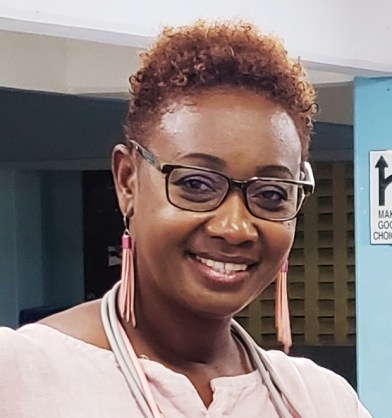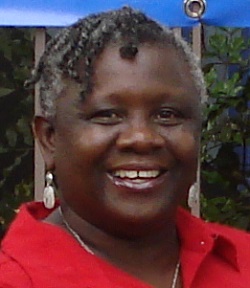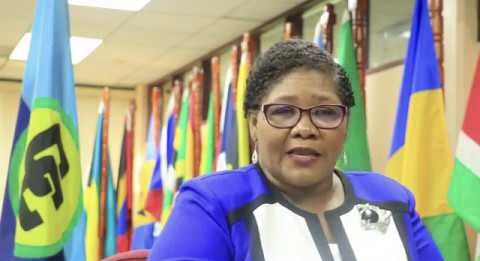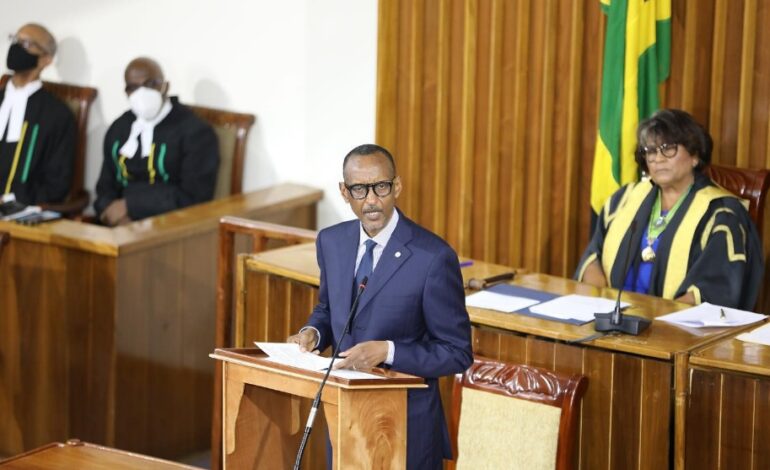
Avellon Williams
BRIDGETOWN, BARBADOS – An estimated 15,000 educators from throughout the Caribbean will benefit from professional development training specially designed for them to assist students in recovering from learning losses incurred as a result of the COVID-19 pandemic.
This training is part of the Learning Recovery and Enhancement Programme called Let’s REAP which was developed cooperatively by the Caribbean Community (CARICOM), Caribbean Development Bank (CDB), and the Organization of Eastern Caribbean States (OECS) and launched in July 2021.

Let’s REAP is expected to increase equitable access to quality education and training, improve learning outcomes for all students, and increase students’ ability to meet grade-level expectations.
In order for CARICOM countries to effectively implement the programme, a regionally coordinated training program is underway in June 2022 and it will run for a period of one year.
The program is expected to strengthen its ability to execute the key elements of Let’s REAP.
Training programme announcements were made during a recent consultation, during which senior education officials, national Let’s REAP focal points, and representatives from the CARICOM Secretariat and CDB discussed progress in implementation, funding support, capacity building, and monitoring and evaluation strategies.

Dr. Laurette Bristol, programme manager for human resource development at the CARICOM Secretariat, said in response to the expressed need for professional development training by the national focal points, the implementing partners approached the UWI Joint Boards of Teacher Education to develop a training programme to support those areas identified by the national focal points.
The Eastern Caribbean Joint Board of Teacher Education’s academic coordinator, Coreen Leacock, said the 45-hour course will cover three core elements of Let’s REAP: Leadership and Accountability, Formative Assessment, and Communities of Practice. In order to ensure the sustainability of implementation across the region, the UWI Joint Boards of Teacher Education will collaborate with the teacher training institutions across the region.

In order to improve learning outcomes, school leaders will be expected to be equipped with the skills of leadership and accountability. Formative Assessment training will emphasize the evaluation of and learning. Teachers and school leaders are expected to learn how to work in teams and collaborate to improve the classroom environment and the teaching-learning process through the communities of practices module.

Dr. Paul Murphy, CDB’s education specialist, shared that the bank will coordinate funding for Let’s REAP capacity development and institutional strengthening from multiple sources. A number of these resources are available through grant resources, existing and new projects in Borrowing Member Countries (BMCs), collaborations with other development partners, and public sector investment programmes in BMCs.
Helen Royer, Director of the human and social development division within the CARICOM Secretariat, reminded participants that Let’s REAP was designed to improve the capacity of principals, teachers, and school communities to use available resources to remediate and accelerate student learning.

“Let’s REAP is not a project but a school transformation programme that is part of the common core school improvement process. It pays attention to good practices being engaged and supports the documentation of same,” Royer stated.
Based on their improvement planning priorities for accelerating learning, schools are asked to pursue nine areas for action. Among these are leadership and accountability, management and communication, teacher support and collaboration, formative assessment, inclusion, special needs and wellbeing, resources, parents and families, as well as community and regional partnerships.
Several BMCs have established national implementation teams in order to roll out the programme. Additionally, BMCs have conducted formative assessments to identify students’ learning gaps and better tailor curriculum delivery. Further stress was placed on the benefits the upcoming training will bring to Let’s REAP’s implementation.




